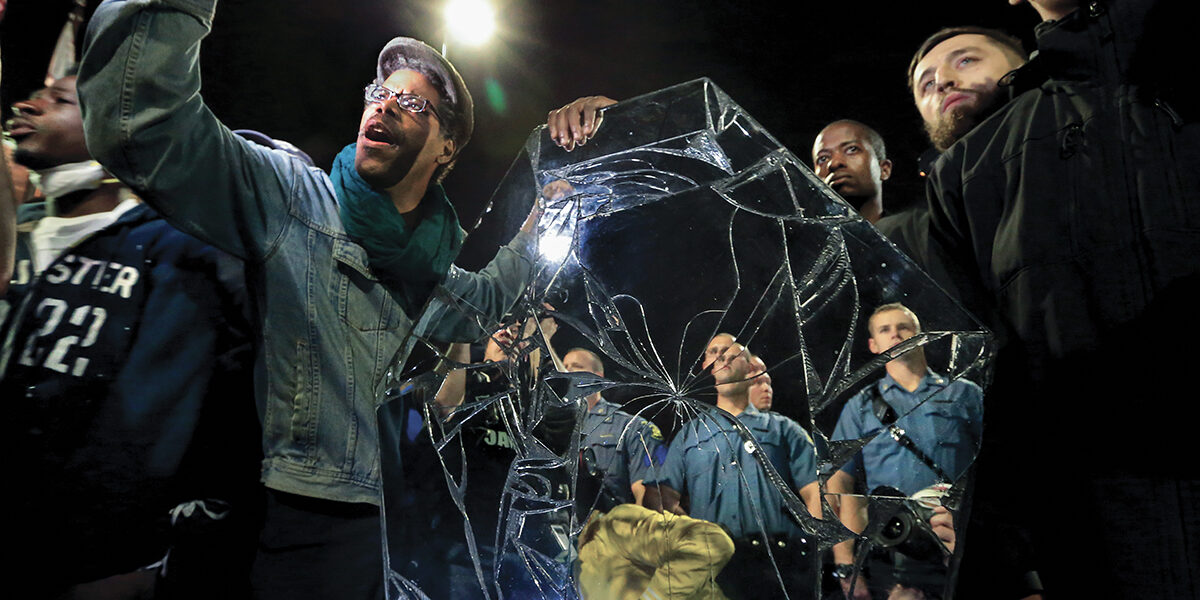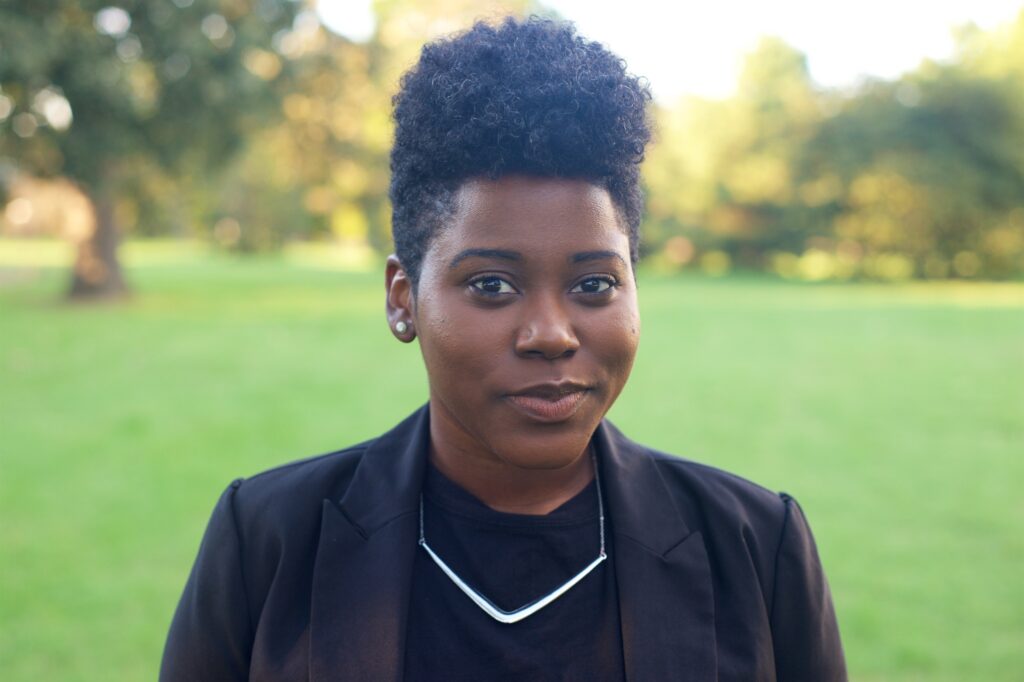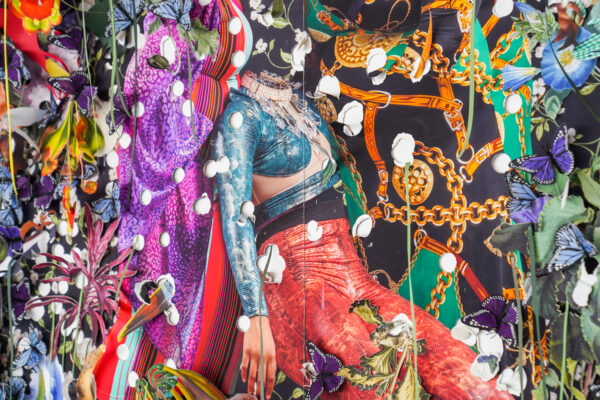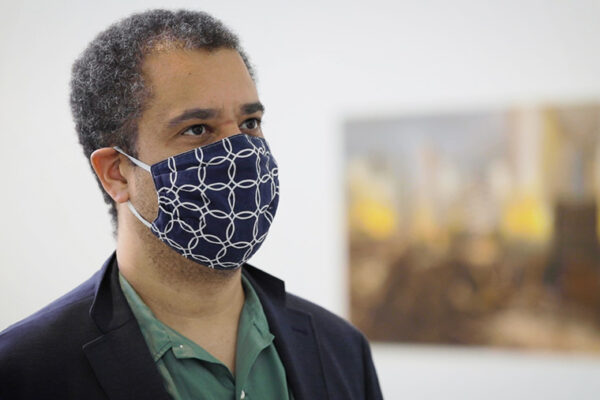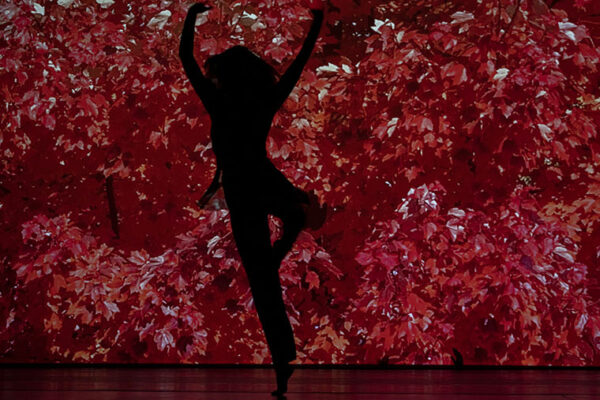When the pandemic hit in March, De Nichols, BFA ’10, MSW ’14, was finishing her time as a 2020 Loeb Fellow at the Harvard University Graduate School of Design. She left to shelter in place with her family, where she also had time to finish writing her first book, The Art of Protest, which Bonnier Books UK had approached her about in October 2019.
Nichols is the perfect person to write a book about protest art. She has worked at the intersection of design and social justice since she was a student at Washington University in St. Louis. As an undergraduate, she studied communication design at the Sam Fox School of Design & Visual Arts and then earned a master’s degree in social work from the Brown School.
While a student, she created the Mirror Casket, which is now in the Smithsonian, and co-founded the design firm Civic Creatives, which shows artists and designers how to creatively address social challenges. Her work has taken many shapes, including online platforms, community organizing and a video series. In 2017, she was named a Citizen Artist Fellow at the John F. Kennedy Center for the Performing Arts and is a two-time Clinton Global Initiative innovator. Now, Nichols is organizing the national Design as Protest movement, which unites designers to advocate for reshaping our built environment. She is also helping grow the Griot Museum of Black History in St. Louis.
“When I was an undergrad, I was part of the John B. Ervin Scholars Program. Ervins received the scholarship because we were young, smart and committed to social change. Organizing was integrated into my college experience.”
“I was on cloud nine about the casket being collected by the Smithsonian, but questioned why this object couldn’t be kept in St. Louis. And that’s when I learned about the capacity issues at the Griot. Those initial conversations with Lois Conley (founder/executive director of the Griot) were so insightful. I was immediately drawn in.”
“The Griot was the focus of my Loeb Fellowship. When I got to Harvard, a history professor there was on the brink of developing this fellowship that would pay six Black artists in St. Louis to exhibit their work both at the Griot Museum and at Harvard. Developing that while a Loeb Fellow was such a godsend, because it opened up even more connections.”
“In response to the George Floyd protests, I’ve spent a lot of energy as an organizer of ‘design as protest.’ We are virtually organizing over 3,000 designers across the nation, 700 of whom are sending letters and policy suggestions to leaders in the U.S. design industry demanding that they reverse the adverse impact that design architecture, urban planning and other design-adjacent fields have on Black and brown folks.”
“What triggered so many of us to action in 2014 was seeing Mike Brown’s body on the ground for four hours [after the unarmed teenager was killed by police]. And in the 8 minutes and 43 seconds that we saw police officer Chauvin’s knee on George Floyd’s neck, we saw this man die. To avert our attention, our energy and our eyes from that, I think, would be a failure by all of us.”
Rosalind Early, AB’03, is the features editor for Washington magazine.
